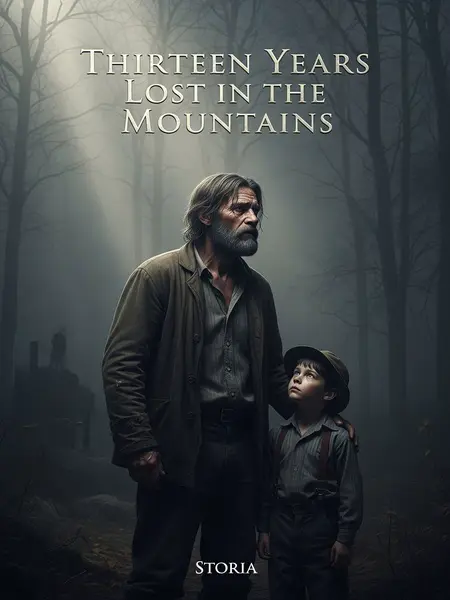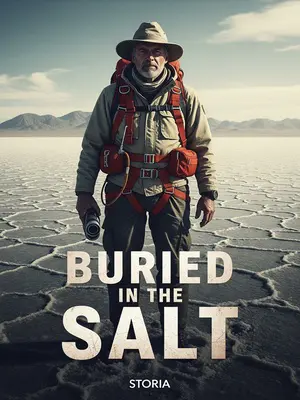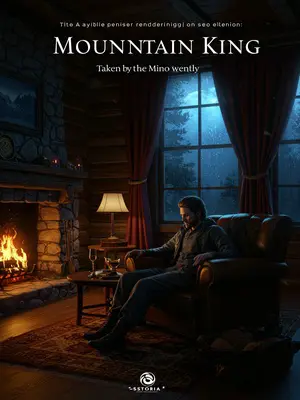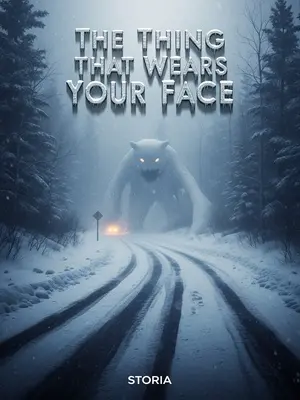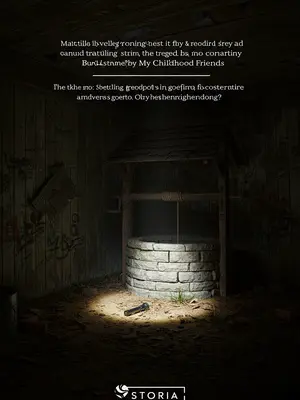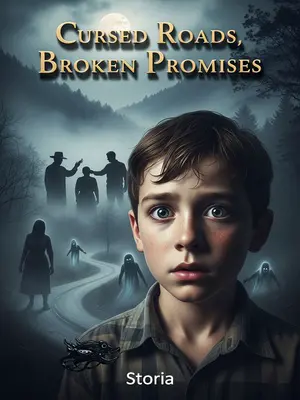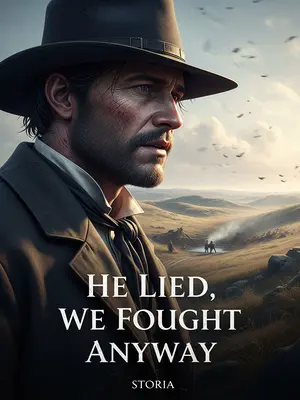Chapter 1: Shadows on Black Bear Ridge
A man, hiding alone deep in the Appalachian mountains for thirteen years, once became the legendary wild man—all just to find a way home…
His appearance pulled back the curtain on America’s WWII-era labor abuses. This is the past the government least wishes to face. This is the mistake the old industrial barons least wish to admit.
Legend in the Mountains
February 8, 1958, near Silver Hollow, West Virginia. After several days of heavy snow, the sky finally cleared.
Earl Hensley pulled on his thick flannel coat, called to his hound dog, and slung his old Remington over his shoulder, getting ready to head into the hills.
The porch groaned under Earl’s boots as he stepped into the frosty air, the sharp scent of wood smoke drifting from the chimney behind him. He whistled, and Buck, his loyal hound, bounded up, tail wagging so hard his whole body wiggled. Earl checked the Remington’s safety, the cold metal grounding him in the moment, and glanced up at the clear blue sky—a rare break from the usual gray. The snow beneath his feet squeaked, fresh and powdery, as he set off toward the shadowy tree line.
His family’s home, not far from Silver Hollow, sat at the foot of Black Bear Ridge.
The house was a weather-beaten two-story farmhouse, paint flaking off in strips, smoke curling lazily from the stone chimney. The mountains loomed in the distance, their peaks glazed with white. From the kitchen window, his mother gave a gentle wave—a silent blessing, just like she’d done since he was a boy.
The Hensleys had been hunters for generations. Earl had followed in his father’s footsteps for over a decade, but even so, he never dared venture too deep into the mountains.
His father’s old hunting trophies—antlers, a faded bear pelt, and a rusty Bowie knife—lined the living room wall. Those woods demanded respect, and the stories passed down over mugs of strong percolator coffee were more than just idle talk. Even now, at thirty, Earl felt a chill thinking about the mountain’s deeper shadows.
There was a strange rumor about those woods:
Over ten years ago, a woman from the town got lost while picking wild berries. When the search party found her, she was covered in scratches and shaking uncontrollably. She kept muttering in terror, “There… there’s a wild man!”
Stories still circled the booths at the Silver Hollow Diner, murmured between sips of black coffee and bites of cherry pie. Folks would lower their voices, glancing over their shoulders, remembering the day Mrs. Wilkins stumbled back into town, her eyes wild and haunted.
A wild man?
No one believed her at first, and the townsfolk started to gossip.
The local kids made a game of it, daring each other to run up the ridge at dusk. The old-timers just shook their heads, saying it was nerves or too much moonshine.
Especially Earl’s father, who’d spent years in the deep woods but had never seen any wild man. Everyone thought the woman must have been scared and imagined things.
At the barbershop, his father would chuckle, “I’ve hunted these woods since I could walk. Only wild thing out there is a hungry bear or a lost coonhound.” But sometimes, Earl caught a flicker of doubt in his old man’s eyes, just for a second.
But soon, more and more people claimed to see shadowy figures in the hills. Even Earl’s father found footprints left by the so-called wild man!
One morning after a storm, his father came home pale, holding up a muddy, oversized print. “Ain’t no bear,” he muttered, voice low. The print was almost human—almost.
The prints were big and strange—human, but not quite—sending chills down spines. Pressed into the soggy ground after rain, they vanished into the tangled undergrowth…
With every retelling, the stories grew: sometimes the prints led to a stream, sometimes they vanished beneath a fallen log. The woods felt different after that—closer, almost watching.
From then on, whispers of a “wild man in the mountains” grew, slowly becoming a legend.
Old-timers would spin the tale around the fire, warning kids not to stray too far. Even the boldest hunters kept closer to the well-worn trails.
After his father passed, Earl took over as the family’s full-time hunter. He never forgot his father’s advice: always bring good gear, never stray into the unknown, and if you ever spot the wild man—run!
Those words echoed every time he laced his boots. Earl kept his father’s battered compass in his pocket—a silent promise to make it home safe.
Though he feared the wild man his father had spoken of, deep down, curiosity and doubt lingered…
Did the wild man really exist? If so, what was he like?
On quiet nights, Earl would stare at the ceiling, wondering. Was it just stories? Or was something truly out there, waiting in the dark?
